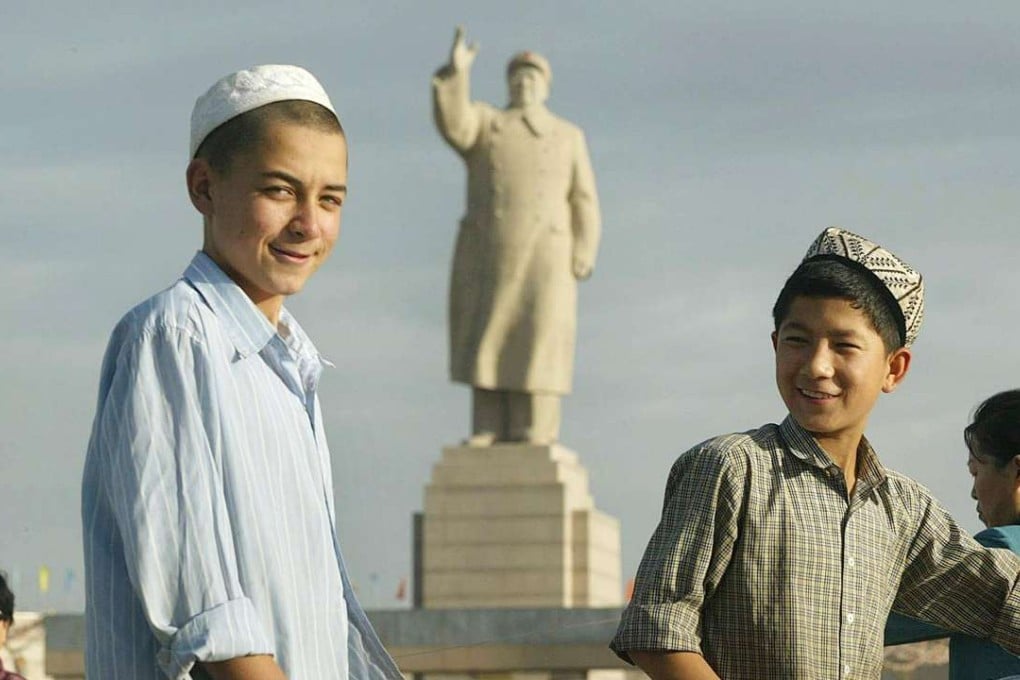China’s Uygur youth urged to love motherland and learn Mandarin to avoid ‘terrorist’ label

Young members of China’s Uygur Muslim minority should “love the motherland” and learn Putonghua to help fight a perception they are “terrorists”, Uygur members of the ruling Communist Party said in state media on Thursday.
Sporadic violence, from knife attacks to riots to car bombs, have hit China’s far western region of Xinjiang in recent years. Most incidents are said to have been carried out by Uygurs, a mostly Muslim, Turkic-speaking minority who call the region home.
The government has responded with displays of military might, including regular “anti-terror” police rallies in various cities, most recently in the regional capital of Urumqi on Tuesday.
Four senior Uygur officials, writing in a front-page article in the official Xinjiang Daily newspaper, asked young people to reflect on why Uygurs were labelled “terrorists”.
“A small group of devils create violence and terror in order to split the motherland and destroy ethnic unity,” they said. “Because of this, we regularly face round-upon-round of safety checks, sometimes we finding it hard to stay in hotels or to rent housing.”
Young Uygurs should reflect on how the party had created a “harmonious, prosperous, happy and safe” life for minorities in Xinjiang, they said, adding that a failure to grasp the nation’s common language of Putonghua was a “disgrace”.